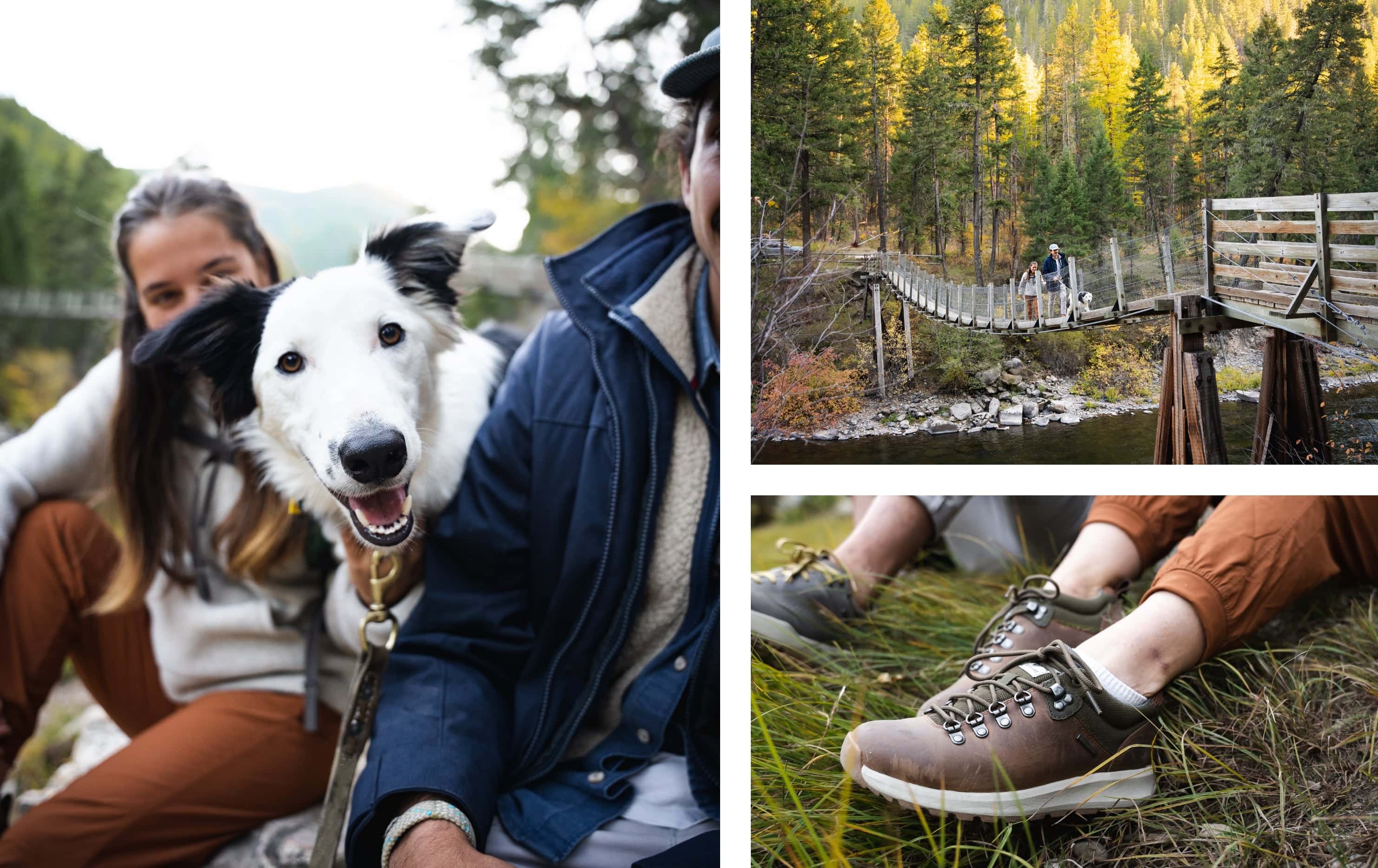
Forsake was born out of a love for exploring the great outside and we believe it’s our responsibility to reduce our impact on the environment. As part of that effort, we are proud to partner with Leave No Trace, an organization that helps educate people about how to enjoy the great outdoors responsibly.
At a time when more people are discovering the joys of the natural world, it’s increasingly important to learn to do so responsibly. At Forsake, we encourage you to learn and follow these rules set out by Leave No Trace for your next outdoor adventure:
Plan Ahead and Prepare
Look up the areas you plan to visit online or contact the local visitor center. Knowing things such as authorized trails, protected areas, and available facilities is important. You need to know if there will be bathrooms available or will you need to bury your excrement, then pack accordingly. And be sure to bring a bag to take trash home with you.